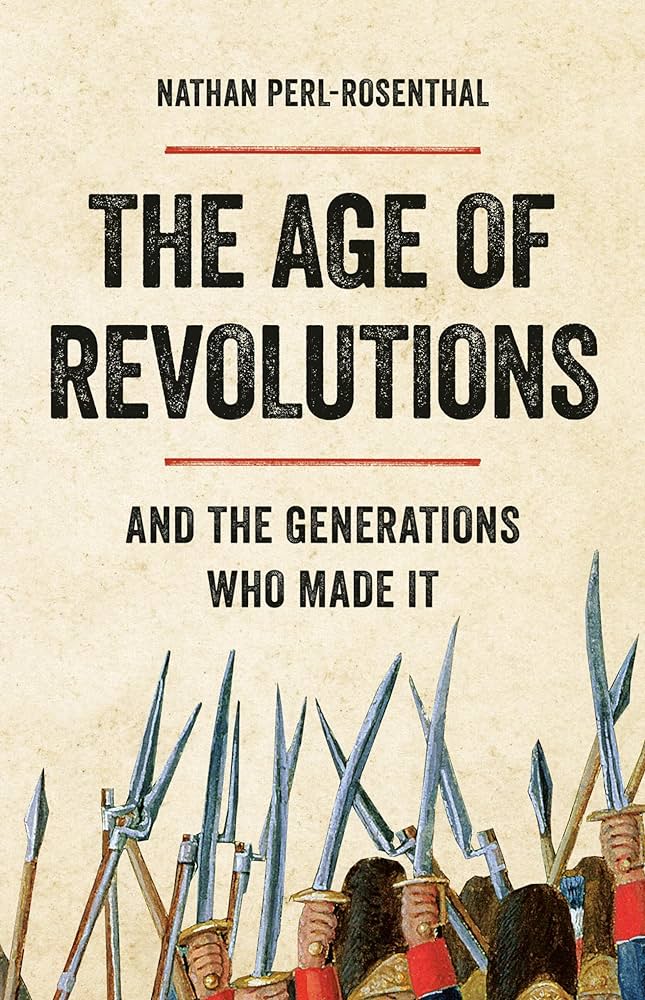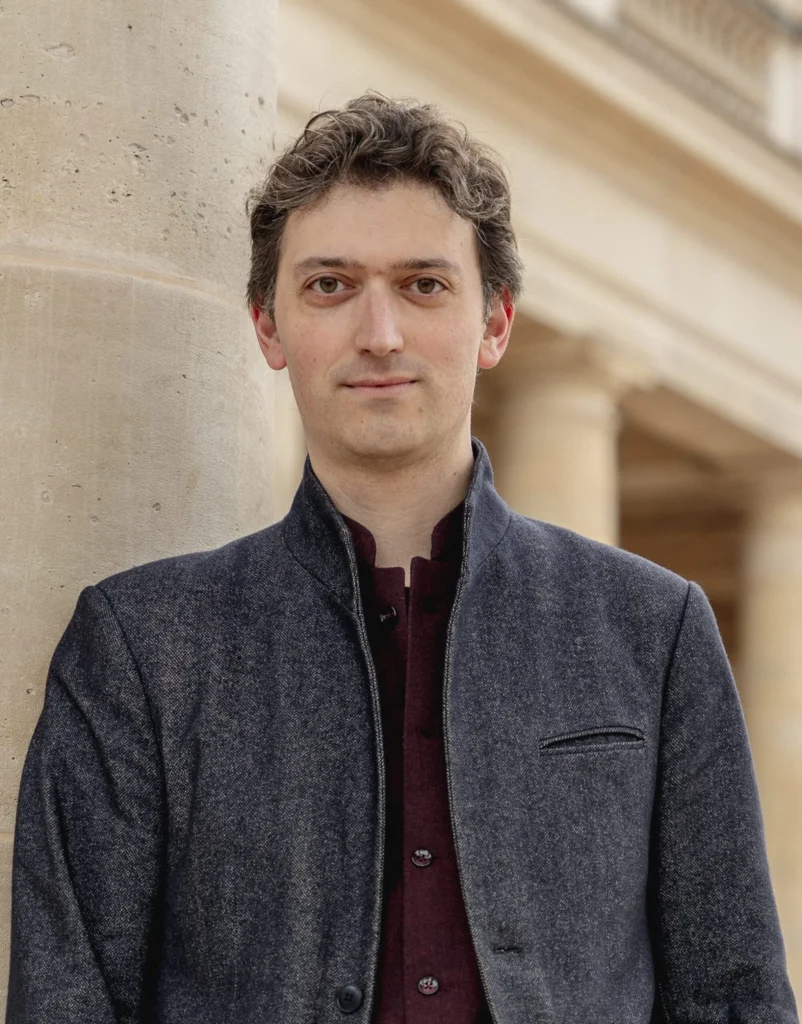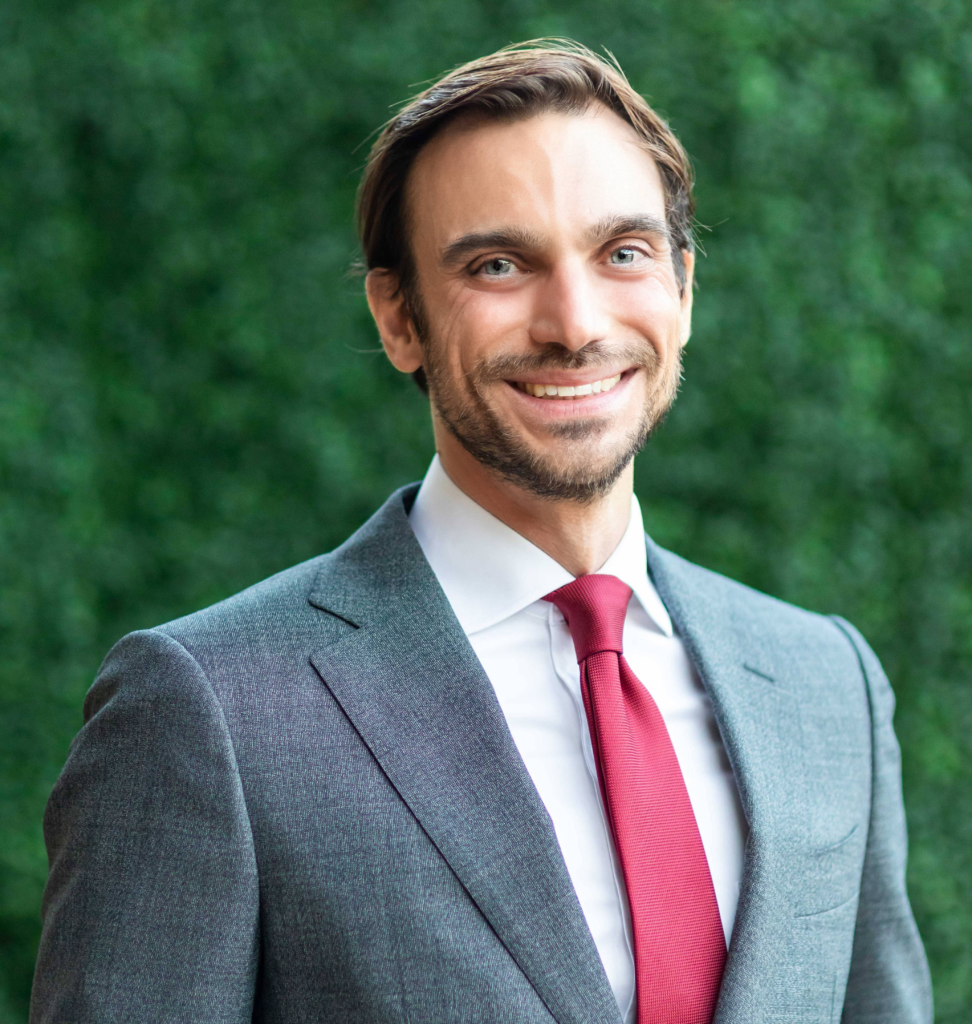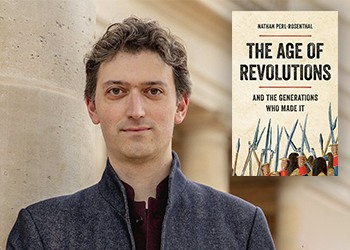“The Age of Revolutions is a tremendous achievement that will shape scholarly and public debate for decades to come.“– Wall Street Journal

There is broad scholarly agreement that our current political world owes much to what Thomas Paine was the first to call the “age of revolutions”—that is, the several late eighteenth- and early nineteenth-century decades during which revolutions rocked the globe.
But what gave rise to the age of revolutions? Why, suddenly, were era-spanning monarchies being toppled? Were revolutionaries motivated by democratic ideals, as some have argued, or, as others believe, merely advancing a newer version of illiberalism? And in what ways, if any, was the American Revolution exceptional? Nathan Perl-Rosenthal, author of the new book The Age of Revolutions and the Generations Who Made It, joins the Institute to discuss.
About the Speaker

Nathan Perl-Rosenthal is an historian of the eighteenth- and early nineteenth-century Atlantic world. He focuses on the political and cultural history of Europe and the Americas in the age of revolution, with particular attention to the transnational influences that shaped modern national politics. He received his PhD in history from Columbia University in 2011. The Age of Revolutions and the Generations Who Made It is his second book.
Liam Julian | Moderator

Liam Julian is director of public policy for the Sandra Day O’Connor Institute for American Democracy. He was previously managing editor of Policy Review magazine in Washington, D.C. His writing and commentary on public policy topics has appeared in a variety of publications such as The Washington Post, The Atlantic, City Journal, and National Review and on programs such as NPR’s Morning Edition and All Things Considered. Mr. Julian also spent time working with the College Board, where he oversaw development of Advanced Placement curricula, including the redesign of the AP U.S. Government and Politics course. From 2006 to 2013, he was a Hoover Institution research fellow at Stanford University.


